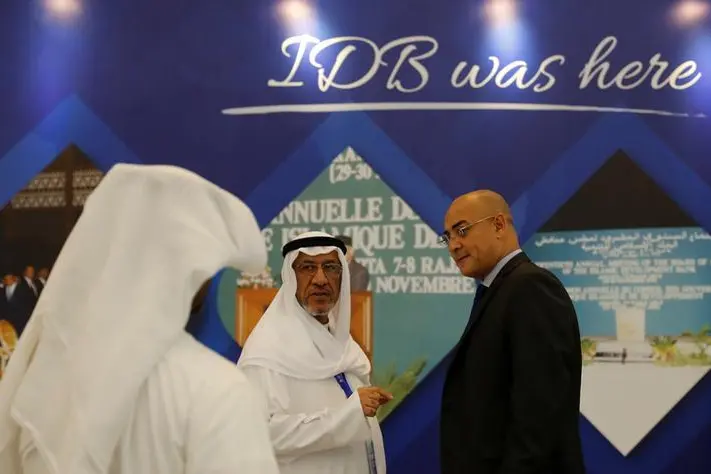PHOTO
SYDNEY - The World Bank and the Saudi-based Islamic Development Bank want to increase the use of long-term investments in Islamic finance, tasking the industry with reducing its reliance on Islamic banks in favour of a wider array of institutions.
The two multilateral bodies set out a series of policy recommendations in a joint report released this week, aiming to capitalise on the risk-sharing and asset-backed features of Islamic finance.
Several of those recommendations mirror previous calls for regulations to facilitate sharia-compliant financing and improve secondary markets for Islamic debt.
But the report goes further by taking to task the very same Islamic banks that dominate the sector and which have shied away from financing projects with longer tenors.
"The biggest challenge in achieving the potential of Islamic finance for funding long-term investments lies in the dominance of the Islamic banking subsector."
Islamic banks hold the bulk of the industry assets, with some estimates as high as 80 percent, leaving Islamic bonds, insurance and mutual funds with a smaller share.
Islamic banking products have often been developed under the same regulatory regime as conventional lenders, leading to instruments that are sharia-compliant but economically similar to their interest-based counterparts.
This contributes to an over-allocation of savings to short and medium-term financial instruments, with a reliance on risk-transfer rather than risk-sharing, the report said.
To counter this, policymakers could help develop sector-specific investment banks as well as non-bank Islamic firms that use equity-based financing such as leasing companies, venture capital firms and crowdfunding platforms.
The report, which reviewed industry developments across 12 countries over the past decade, also raised the need for tax incentives and Islamic insurance schemes to help extend maturities.
Using fintech could also help tap into the dormant Islamic social sector, such as crowdfunding solutions to pool resources from Islamic endowments, known as waqf, the report added.
(Reporting by Bernardo Vizcaino; Editing by Gopakumar Warrier) ((Bernardo.Vizcaino@thomsonreuters.com; Telf: +61293218168; Reuters Messaging: bernardo.vizcaino.thomsonreuters.com@reuters.net))





















